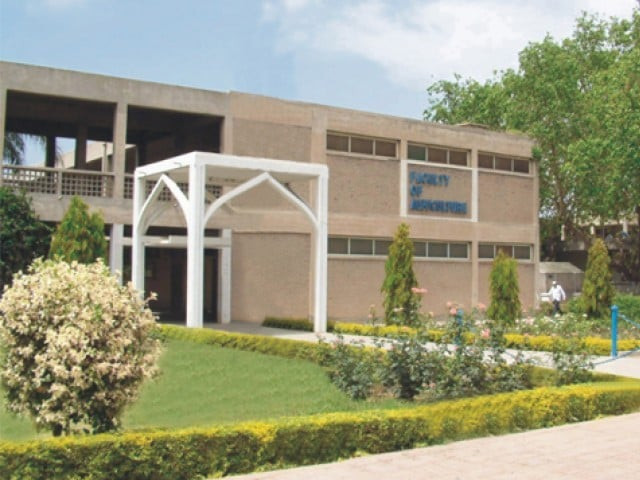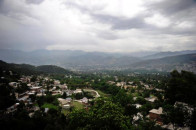Sounding alarm: Nation reeling from acute water crisis
Three-day workshop on renewable energy technologies.

He was addressing the inaugural session of a three-day international workshop on renewable energy technologies. Khan said there was a pressing need to formulate a plan regarding the construction of new reservoirs to overcome the challenge. He said any delay in this regard would be catastrophic for the economy.

Khan said the nation had an agrarian economy that was dependant on the adequate supply of freshwater. He said water stress had been showing an upward trend in Pakistan. Khan stressed the need for arresting the trend by constructing new dams and reservoirs. He said this was imperative to save the nation’s agrarian economy.
He said the nation could become self-sufficient in energy by harnessing the potential of alternative sources of power generation such as wind, solar, bio-gas and bio-mass.
Khan said the uninterrupted energy and water supply were prerequisites for food security. He said the nation could overcome the power crisis by promoting bio energy. Khan said this could be particularly beneficial for the rural economy as bio energy could power agricultural systems and equipment including tube wells.
Khan said around 20,000 MWs of power could be potentially generated in the country by tapping the potential of wind energy. He said the UAF had introduced a one-of-a-kind degree in energy systems engineering to equip students with the skills need to overcome the energy crisis. Khan said the USAID was established an advanced centre for food security at the UAF.
He said the varsity had been collaborating with the International Centre for Development and Decent Work (ICDD) of the University of Kassel in Germany to fight global hunger and poverty through research and education.

Khan said there was a pressing need to implement a model of rural development along the lines of South Korea to curb rapid urbanisation. He said South Korea had focused attention on uplifting rural areas to curb this trend.
Uwe Ritcher of the University of Kassel stressed the need to optimise energy consumption. He said the global positioning system and the geographic information system together with remote sensing were best suited to handle productivity variations in a field, maximise financial returns and mitigate environmental pollution.
Faculty of Agricultural Engineering Dean Allah Bakhsh said the demand for electricity and water stress had increased over time. He said it was necessary to utilise alternative sources of power to overcome the energy crisis.
Bakhsh said the government had introduced a programme to convert 20,000 tubewells to bio-gas. He said a bio-gas plant had been set up to promote the technology and facilitate research and training in the sector.
Anjum Munir said solar energy could be used to process agricultural produce. He said the varsity had been collaborating with the ICDD and the German Academic Exchange Service (DAAD) to develop solar technology.
He said the systems developed at the UAF in this regard included a solar roaster, a solar distillation system, a solar tunnel dryer and a solar autoclave.
Michael Hesse and Katherine Troeger of the University of Kassel were also present on the occasion.
Published in The Express Tribune, December 17th, 2014.



















COMMENTS
Comments are moderated and generally will be posted if they are on-topic and not abusive.
For more information, please see our Comments FAQ